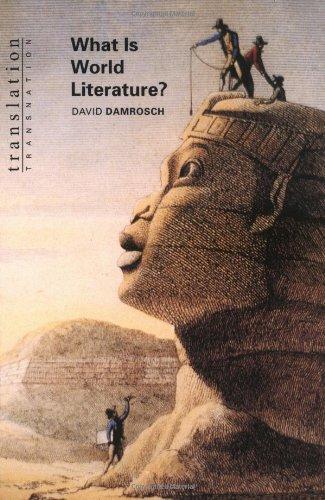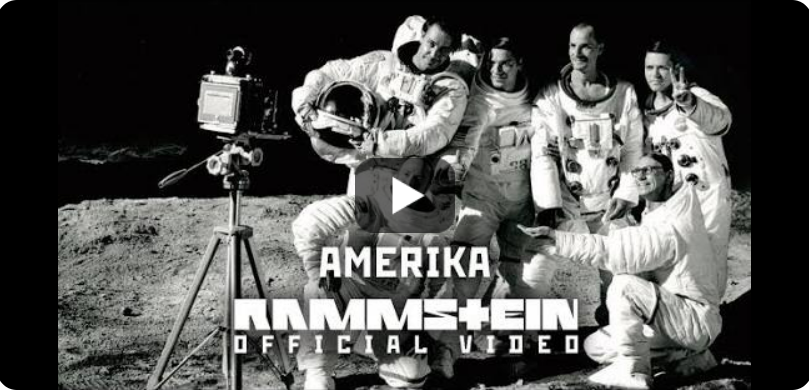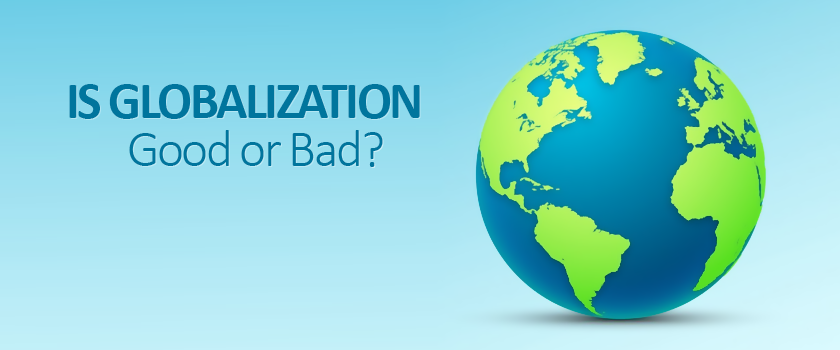Chinua Achebe is a Nigerian writer, poet, and literature criticist. In a short writer’s perspective written as an afterword to his Dead Men’s Path story, he raises the topic of globalization. Achebe compares two cultures, separated by older people’s stubborn mentality (Achebe). For the comparison features, he chose languages – English and Igbo – and religion – the European monotheism of Christianity and the native polytheism of heathenism.
The central conflict in this afterword is the ease with which an African boy treats both cultures equally, while older people criticize him for that. First, he mentions that he dreams in both languages; then, he highlights his feelings after attending the church and eating the heathen festival meals. As a boy of ten, he was not burdened with prejudice, which allowed him to embrace both cultures.

The theme of cultural changes caused by globalization is perfectly showcased in What is World Literature? Book by David Damrosch. The author undertook research of several literature pieces, demonstrating the change in them, slowly moving from national context to global (Damrosch). His aim was to redefine the term world literature, explaining how important it is to translate these works and how they can contribute to the world’s cultural perception.

With the idea of cultural crossroads taken to a new level, contemporary art showcases globalization trends from different angles. As seen in Vivant’s sculpture, numerous traffic lights could be described in many ways – from the never-ending activities inside the city to the intersection of cultures and their values in one place (Vivant). In contrast to previously mentioned works, this piece of art can be considered emotionally neutral towards globalization.

However, not every artist considers globalization in a positive way. Rammstein, a music band from Germany, produced a clip for their song called Amerika, supporting the conspiracy theory behind the American Moon landing. The song’s lyrics ironize the U.S. influence on the world, contrasting the Coca-Cola drink with war efforts across the globe (Rammstein). In this context, globalization is viewed as the dominance of one culture over the others.

In the documentary film, Globalization is Good, directed by Charlotte Metcalf, the author argues the negativity of global capitalism’s impact on the world. The argument is made by comparing places in the world where capitalism’s influence is present to the areas where it is absent (Globalization is Good). The author consequently uses that argument to criticize the anti-globalism movement, trying to prove its ignorance and danger.
Works Cited
Achebe, Chinua. Afterword. Dead Men’s Path, by Achebe. 1980.
Damrosch, David. What is World Literature? Edited by Emily Apter, Princeton University Press, 2003.
Globalisation Is Good. Directed by Charlotte Metcalf. Freeform Productions, 2003.
“Rammstein – Amerika (Official Video).” YouTube, uploaded by Rammstein Official 31 Jul. 2015, Web.
Vivant, Pierre. Traffic Light Tree. 1998. London. Atlas Obscura, Web.